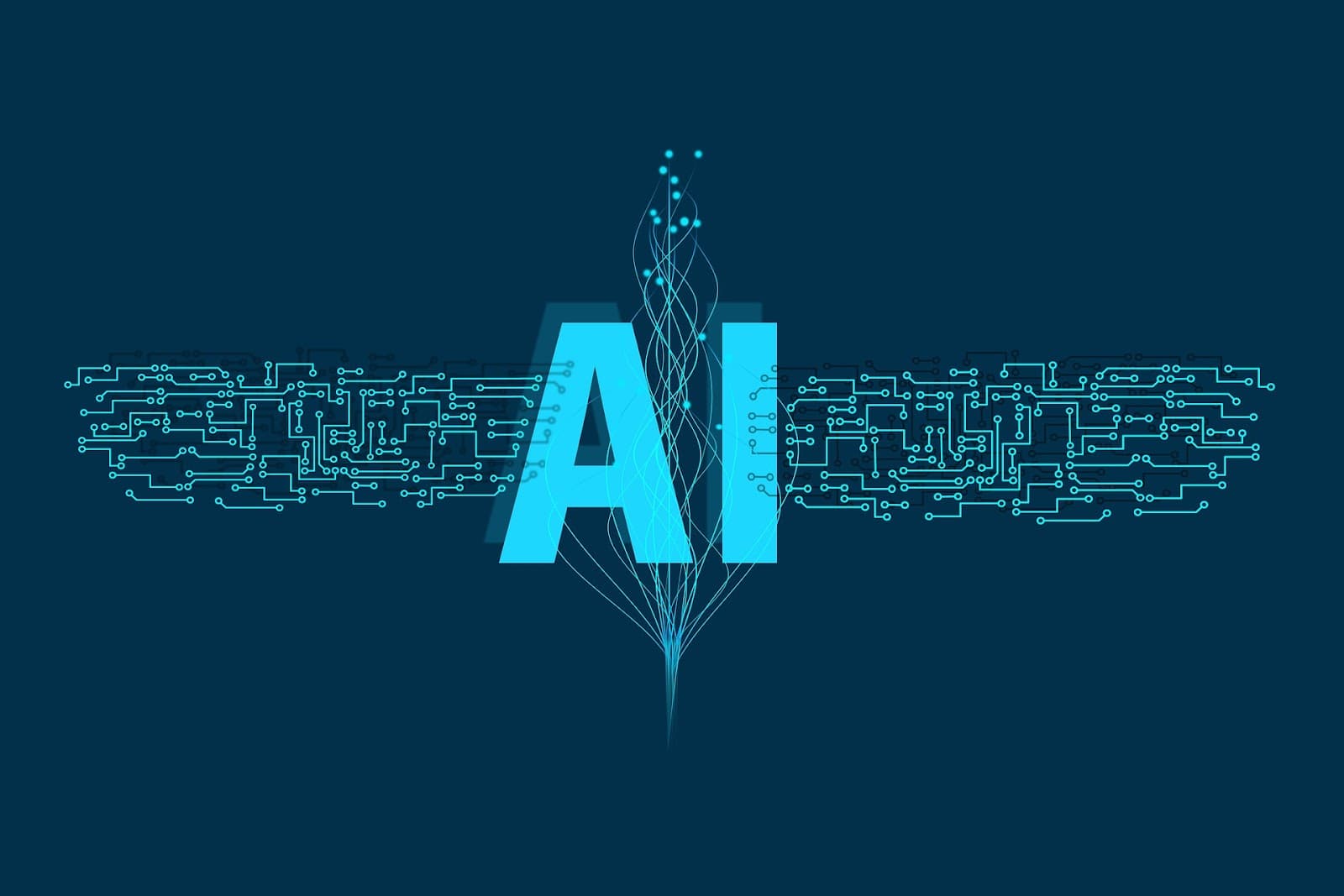
Deciding the Best Business Scenario for AI Deployment
The advent of Artificial Intelligence (AI) has led to a paradigm shift across various sectors by facilitating automation, delivering valuable insights, and aiding in informed decision-making. It’s enhancing operational efficiency from healthcare and finance to manufacturing and customer service.
Yet, AI isn’t a one-size-fits-all solution for every business scenario. We’ll explore some of the critical areas where the technology has proven to be exceptionally beneficial.
Enhancing Customer Interaction and Support
AI’s pivotal role in customer service cannot be overstated. With AI-driven chatbots and virtual helpers, it’s altering how businesses engage with their clientele, offering immediate solutions and boosting overall satisfaction.
The technology’s unique strength in customer service lies in its capacity to handle an enormous amount of requests concurrently. Unlike their human counterparts, AI-enabled chatbots can converse with several customers at the same time, eliminating the need for long queues. Consequently, this leads to reduced waiting times and swift resolution of concerns:
- Armed with Natural Language Processing (NLP) capabilities, these chatbots can comprehend and respond to customer requests similarly to a human. They scrutinize the text, tone, and context of customer messages and deliver precise, pertinent responses, ensuring a smooth service experience. These chatbots can grasp complicated questions, recommend products, provide troubleshooting aid, and even facilitate simple transactions;
- AI-enabled chatbots remain accessible around the clock, providing continuous customer support. This proves particularly beneficial for businesses operating globally and catering to customers across various time zones. It allows customers to get answers anytime they need, enhancing convenience and customer satisfaction;
- AI-enhanced chatbots can seamlessly integrate with other customer service channels like email, social media, and voice assistants, ensuring a coherent and personalized customer experience across various platforms. Customers can switch between channels during a conversation without losing any context or information;
- While these AI-powered chatbots can address a broad spectrum of customer queries, human intervention might be necessary for certain scenarios. Complex or sensitive concerns demanding empathy, critical thinking, or a personal touch might be more effectively addressed by human agents. In these situations, AI chatbots can smartly transfer the interaction to a human, ensuring a smooth transition and preventing customer dissatisfaction.
To conclude, such technology has brought a sea change in customer service and support with its smart chatbots and virtual assistants.
Curbing Fraudulent Activities
One of the areas where the advent of artificial intelligence has brought significant improvements is in the field of fraud detection and prevention. Given the ever-increasing sophistication of fraudulent practices, AI-powered systems have become indispensable in safeguarding businesses against monetary losses while also ensuring customer protection.
This is how AI-powered tools can help:
- AI-enabled systems designed for detecting fraud can be trained to spot both known fraudulent schemes and unfamiliar tactics. This adaptability empowers businesses to anticipate evolving fraudulent trends and address them proactively. The systems’ self-learning algorithms can use new fraud instances to refine their detection models, ensuring ongoing protection against new threats;
- Automated detection of possible fraudulent activity is another benefit AI algorithms provide. By analyzing historical data and learning patterns to spot fraud signs, organizations can optimize their fraud detection process, substantially reducing manual efforts. This not only enhances efficiency but also enables faster fraud detection and prompt action to minimize losses;
- Fraud detection systems can assimilate data from multiple sources such as transaction histories, user profiles, and external data like IP addresses and geolocation info. This integrated approach offers businesses a comprehensive view of potential fraud cases, enabling them to detect intricate fraud networks involving numerous accounts or systems;
- AI aids in fraud prevention by continually monitoring and analyzing behavioral patterns for early signs of potential fraudulent activity. By identifying suspicious behaviors and applying risk assessment techniques, the system can alert organizations in real time, enabling proactive steps to avert fraud before it transpires.
Although artificial intelligence serves as a potent tool for detecting and preventing fraud, it’s essential to remember that it must be utilized alongside other security measures and human expertise. It can complement human capabilities and provide valuable insights, but human intervention and judgment remain crucial in assessing complex cases and making final decisions.
AI has become an integral part of fraud detection and prevention with its capacity to analyze large data sets, identify patterns, and adapt to changing fraud techniques. By automating the process, reducing false positives, and facilitating real-time detection, artificial intelligence empowers businesses to protect themselves and their customers from financial losses and uphold trust in an increasingly digitized and connected world.
Final Thoughts
AI’s introduction of smart chatbots and virtual helpers has completely redefined customer service and support. These AI-driven solutions offer immediate answers, round-the-clock support, and personalized interaction, thereby enhancing customer satisfaction. By utilizing AI, businesses can extend their customer service capabilities, streamline operations, and provide exceptional service in the fast-paced digital realm.
Artificial Intelligence holds immense potential to solve intricate business challenges across a range of sectors. From customer service to fraud detection, from predictive maintenance to healthcare diagnostics, AI algorithms have proven their worth in increasing efficiency, improving decision-making, and enhancing the customer experience.
By embracing AI and leveraging its capabilities, businesses can secure a competitive edge and unlock new avenues for growth and innovation in the digital age.




